Philippines seeks 2 million euros hidden by fugitive crime boss in Cyprus
- Update Time : Tuesday, February 4, 2025
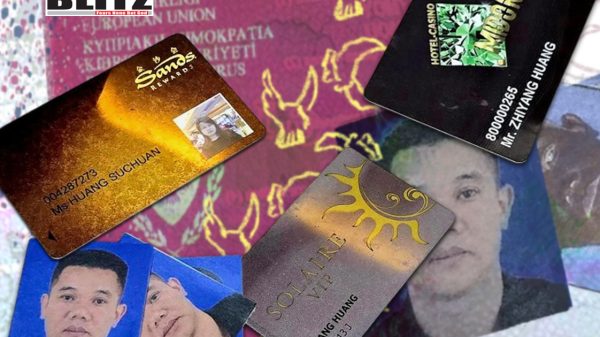
The Philippine government is weighing its options regarding 2 million euros ($2.1 million) held in Cyprus by Huang Zhiyang, a fugitive crime boss accused of human trafficking, cyber fraud, and money laundering. While Philippine authorities have charged Huang and frozen his assets domestically, they were unaware of his offshore funds until journalists uncovered them.
Huang Zhiyang is at the center of a sprawling cybercrime and human trafficking network that has exploited thousands across Southeast Asia. He is accused of leading a sophisticated operation that forced victims to engage in fraudulent schemes, including “love scams” that preyed on unsuspecting individuals worldwide.
Philippine authorities intensified their crackdown on Huang following a massive raid on a compound in Bamban, about 95 kilometers north of Manila, in March 2024. The operation, carried out by the national police and other agencies, rescued 875 individuals from forced labor conditions. Victims included Filipinos, Chinese, Indonesians, Rwandans, and others who had been coerced into participating in online scams. Law enforcement officials seized firearms, mobile phones, and scripts used in romance scams that targeted lonely individuals online.
Huang, who was already under suspicion before the raid, managed to escape arrest. However, Philippine authorities formally charged him with human trafficking and money laundering between August and September 2024. At least five of his bank accounts in the Philippines were subsequently frozen by the Anti-Money Laundering Council (AMLC). However, recent revelations about his financial ties to Cyprus have opened new legal avenues for asset recovery.
Investigative journalists discovered that Huang Zhiyang acquired Cypriot citizenship through the now-defunct citizenship-by-investment program. He reportedly invested in Cyprus through Zimaco Holdings Limited, a real estate development company, securing his passport in the process. Using this Cypriot citizenship, he co-founded Baofu Land Development Inc., a company that allegedly served as the “mother corporation” overseeing various scam operations in the Philippines.
Zimaco Holdings confirmed that it still holds 2 million euros on Huang’s behalf and has not been instructed to freeze or return the funds. The company stated that it had informed Cyprus’s Financial Intelligence Unit (FIU), also known as MOKAS, about Huang’s legal troubles in the Philippines. However, FIU declined to comment on whether any actions had been taken, citing privacy laws.
Philippine officials expressed surprise upon learning about Huang’s offshore funds. Nicholas Ty, an undersecretary at the Department of Justice, acknowledged the possibility of pursuing the money but noted that such an endeavor would require navigating Cyprus’s legal system.
“It’s a possibility, but that would entail going through court processes of Cyprus,” Ty said. “Priority remains to be his arrest via an Interpol red notice.”
Cypriot authorities, however, have indicated their willingness to cooperate if formally requested by the Philippine government. The FIU stated that funds could be frozen if a foreign request for legal assistance is submitted.
“This can be done following the execution of a foreign request received by a country which investigates a criminal offense,” the FIU stated.
The March 2024 raid on Baofu Land Development was not the first time Huang’s enterprises had been targeted. Philippine police previously raided two other companies linked to him:
- May 2023: More than 1,000 alleged trafficking victims were rescued from a compound owned by Sun Valley Clark Hub Corporation, co-founded by Huang.
- February 2023: Authorities stormed Hongsheng Gaming Technology Inc., another company operating under Baofu Land Development, freeing over 800 trafficked workers. Despite being named in a search warrant, Huang managed to escape.
Following the recent crackdown, the AMLC formally identified Huang as the financier behind Baofu and its illicit activities. A legal petition to freeze Baofu’s assets highlights his direct involvement in love scams, cryptocurrency fraud, and human trafficking.
The indictment against Huang provides a harrowing glimpse into the exploitation of trafficked workers within his syndicate. One victim recounted being told he needed to pay 300,000 Philippine pesos (about $5,000) to leave his forced employment at a scam center. Unable to afford the sum, he was subjected to beatings whenever he failed to meet fraudulent targets.
Another victim, a Vietnamese national, testified that he was prohibited from leaving until he reimbursed the company for his travel expenses. He endured beatings and electrocution as punishment for failing to meet quotas.
According to the UN Office on Drugs and Crime, cyberfraud has become a multi-billion-dollar crisis in Southeast Asia. The agency reported that victims across East and Southeast Asia lost between $18 billion and $37 billion to online scams in 2023 alone. Many cyberfraud workers are themselves victims, lured with false job offers and then forced into criminal activities under threats of violence.
Huang’s escape from the February 2023 raid remains a subject of intrigue. Intelligence reports cited by the AMLC indicate that he fled the Baofu compound using a helicopter belonging to Alice Guo, the former mayor of Bamban. Guo, a key business associate of Huang, co-founded Baofu Land Development and Hongsheng Gaming Technology.
Guo also faces multiple charges, including money laundering and human trafficking. She fled the Philippines in July 2024 but was extradited from Indonesia in September. While her legal team has remained silent, her alleged involvement further highlights the extent of Huang’s network.
Huang, meanwhile, remains at large. He is known to hold passports from China, St. Kitts and Nevis, and Cyprus. Reports suggest that he has been wanted in China for operating illegal gambling houses, yet he has continued to evade law enforcement across multiple jurisdictions.
The Philippine Senate is currently conducting an inquiry into the country’s online gambling sector, which has been at the center of multiple cybercrime and human trafficking scandals. Senate committee members confirmed that they are reviewing the new findings about Huang’s 2 million euros in Cyprus and may include recommendations in their final report urging authorities to pursue the funds.
“The Committee is studying the possibility of including it as a recommendation in the committee report,” members stated in an email.
Meanwhile, Zimaco Holdings disclosed that it had attempted to reimburse Huang for half of his investment but was unable to do so due to his failure to submit necessary documentation. This raises questions about whether the funds can be seized before he attempts to access them.
As Philippine authorities prioritize Huang’s capture, the possibility of recovering his offshore assets remains uncertain. However, with growing international cooperation on financial crimes, the pursuit of his hidden wealth in Cyprus may soon become a legal and diplomatic battleground.
The case of Huang Zhiyang underscores the complex and transnational nature of modern cybercrime and human trafficking networks. While the Philippines has made significant progress in dismantling his operations, his ability to secure Cypriot citizenship and transfer funds abroad highlights gaps in international financial oversight. Whether Manila will take decisive action to recover his assets in Cyprus remains to be seen, but one thing is certain: the fight against cyberfraud is far from over.


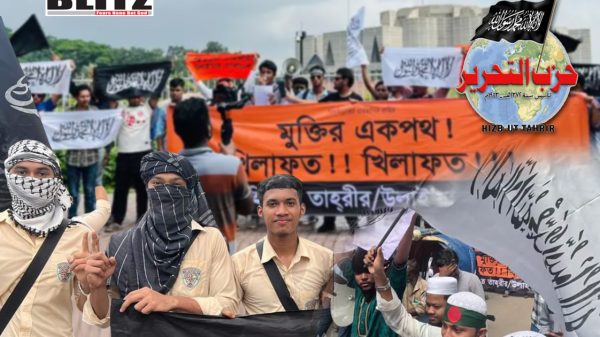




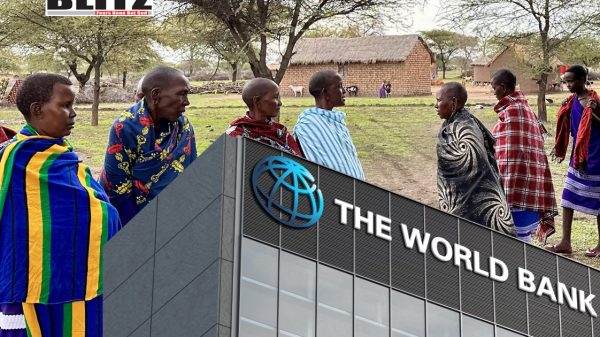

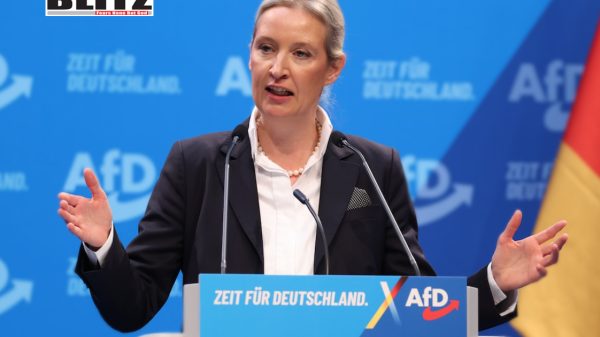
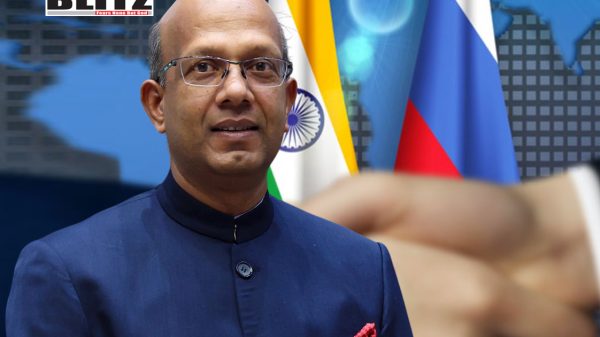
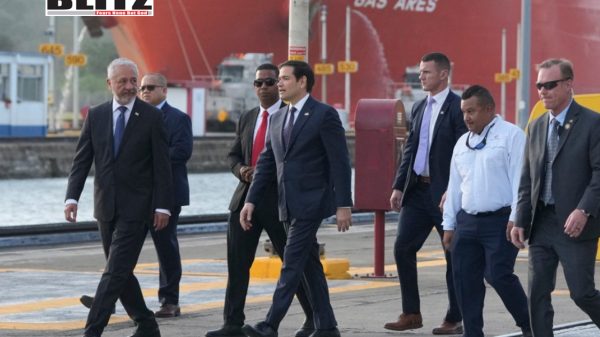


Leave a Reply